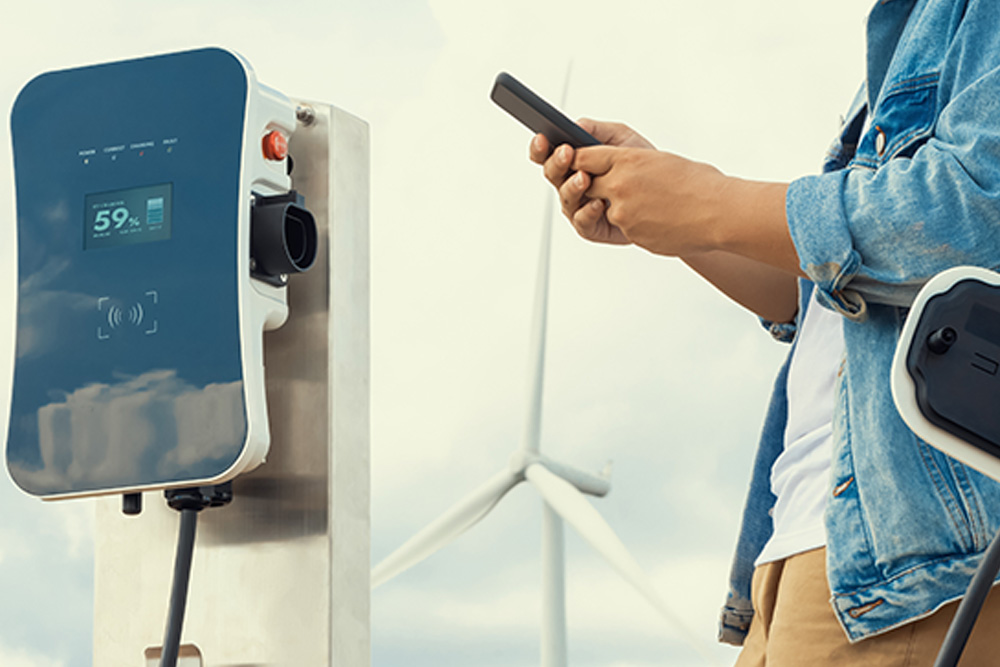
The electric vehicle (EV) revolution is in full swing, reshaping the automotive industry and driving the transition towards cleaner transportation. As electric cars become more mainstream, the demand for efficient, accessible, and adaptable EV charging infrastructure is growing. For electric contractors, the key challenge lies in creating infrastructure that meets current needs and anticipates and adapts to emerging technologies. In this article, we’ll explore the concept of future-proofing EV charging infrastructure and the crucial role that electric contractors play in ensuring its success.
1. The Dynamic Landscape of EV Technology
The landscape of EV technology is constantly evolving, with advancements in battery technology, charging speeds, and vehicle connectivity. As electric vehicle manufacturers continue innovating, charging infrastructure must keep pace to provide optimal charging solutions for all EVs.
2. Scalability and Flexibility
Future-proofing EV charging infrastructure requires a focus on scalability and flexibility. Electric contractors should design and implement charging solutions that accommodate increasing demand without significant modifications. This involves considering factors like expandable charging stations, adjustable power levels, and intelligent load management systems.
3. Universal Compatibility
As various EV models enter the market, ensuring compatibility with different charging standards is essential. Contractors must install charging stations supporting multiple charging connectors, including Level 2 AC chargers and fast DC chargers. This approach guarantees that drivers of all EV makes and models can access charging infrastructure without any barriers.
4. Integration of Smart Technologies
Intelligent technologies are transforming the way we interact with EVs and charging infrastructure. Electric contractors should incorporate features like remote monitoring, payment systems, and data analytics into charging stations. This not only enhances user experience but also enables operators to gather valuable insights for optimizing charging operations.
5. High-Speed Charging
The advent of high-speed charging, such as ultra-fast DC charging, is revolutionizing the EV charging landscape. Electric contractors should design and install infrastructure that supports these high-speed charging technologies, ensuring that charging stations can deliver maximum power to compatible vehicles.
6. Renewable Energy Integration
As the push for sustainability continues, integrating renewable energy sources with EV charging infrastructure is becoming more important. Contractors can design solutions that allow for solar panel integration, battery storage, and load balancing, reducing the reliance on non-renewable energy sources.
7. Collaboration and Industry Standards
Electric contractors should actively collaborate with EV manufacturers, utilities, and regulatory bodies to stay updated on industry standards and technological advancements. By staying informed and engaged, contractors can ensure that their installations align with the latest requirements and best practices.
Future-proofing EV charging infrastructure is not only a technical challenge but also a strategic imperative. Electric contractors have a critical role in designing, installing, and maintaining charging solutions that are adaptable, scalable, and equipped to meet the needs of an evolving EV landscape. By embracing emerging technologies, considering scalability and flexibility, and collaborating with industry stakeholders, electric contractors can contribute significantly to shaping a sustainable and efficient EV charging infrastructure that supports the widespread adoption of electric vehicles. As the EV market continues to flourish, the role of electric contractors remains integral to driving this transformative change.